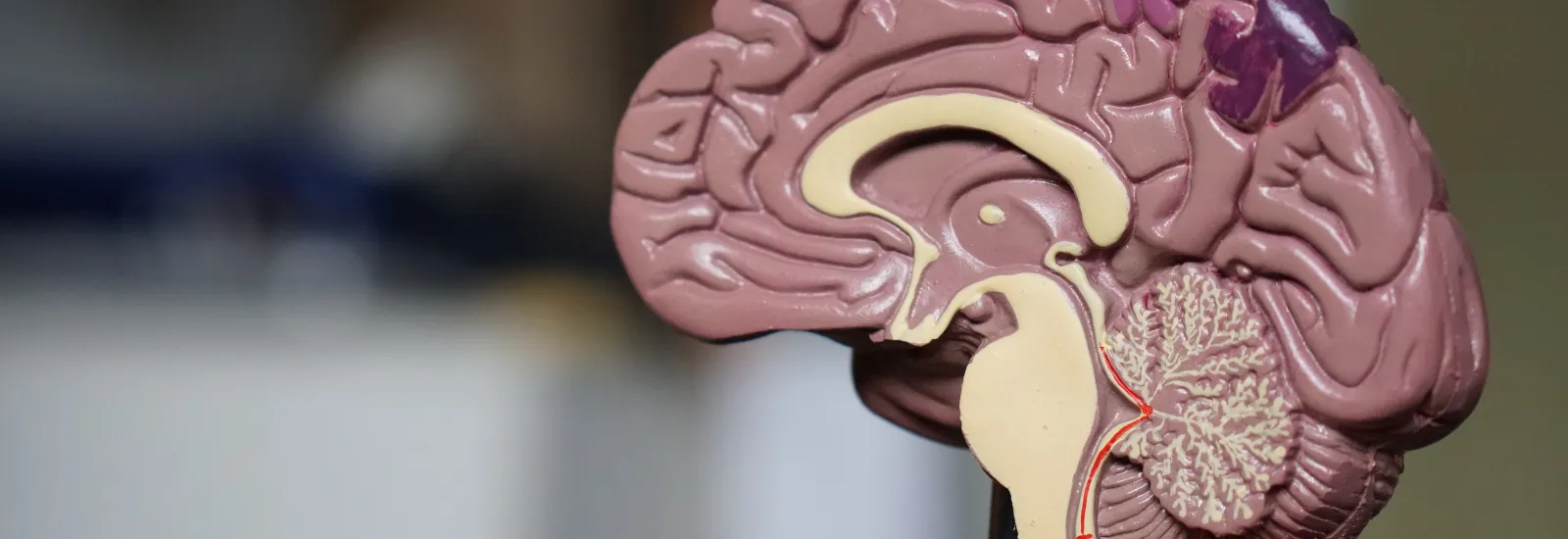
The difference between Alzheimer's disease and dementia
4-minute read
Do
you ever walk into a room and forget why you went in there? Do you frequently
misplace your keys or glasses? Those things happen to many of us as we age. You
might remember where you put your glasses a little while later, or be able to
retrace your steps to find where you left them — maybe on a nightstand, next to
a book. Forgetfulness can be a normal part of aging.
People with dementia, however, may put the item in a completely unrelated place, like in the refrigerator.
There's a difference between Alzheimer's and dementia, although people often think they're the same thing. Dementia is a general term — much like heart disease is a general term — that covers a variety of conditions related to diminished memory, impaired thinking, and other cognitive problems. Alzheimer's disease is one of those specific conditions, and it also causes 60% to 80% of all cases of dementia, according to the Alzheimer's Association.
Understanding Alzheimer's disease
Alzheimer's disease, which affects more than 6.5 million Americans over age 65, is a permanent brain disorder that affects a person's memory, thinking, and behavior. Scientists think it may be caused by changes in the brain, including abnormal buildups of proteins known as amyloid plaques and tau tangles, often referred to as plaques and tangles. These protein buildups damage and kill the brain's neurons, a process that usually gets worse over time.
The
early symptoms of Alzheimer's disease include:
●
Changes
in mood and personality
●
Confusion
with time and place
●
Decreased
or poor judgment
●
Difficulty
completing familiar tasks
●
Memory
loss that disrupts daily life
●
Misplacing
things and losing the ability to retrace steps
●
New problems with speaking or writing
●
Trouble
understanding pictures and how things are arranged or positioned
●
Withdrawal
from work or social activities
Eventually, Alzheimer's can prevent people from doing simple daily tasks that used to be easy to accomplish. Even swallowing, walking, or speaking can be challenging for people with advanced Alzheimer's.
Diagnosing Alzheimer's disease and dementia
Can you have dementia without
having Alzheimer's disease?
Preventing dementia and Alzheimer's disease
There
is no exact way to prevent dementia or Alzheimer's disease, but there are some
steps you can take that may help reduce your risk. These include:
● Avoiding
excess alcohol
● Eating
a healthy diet
● Doing
activities that stimulate the brain, such as learning new things, reading,
solving puzzles, and socializing
● Not
smoking
Treating dementia and Alzheimer's disease
There is no cure for dementia and Alzheimer's disease, but symptoms can be treated with certain types of medications.
Medicines are available that stop an enzyme from breaking down acetylcholine, a substance in the brain that allows nerve cells to communicate with each other. This can help prevent symptoms from getting worse, or slow the appearance of symptoms, and improve quality of life.
Some alternative therapies are also being studied, including the use of DHA and omega-3 fatty acids, but nothing has been proven to effectively treat dementia, and some therapies can be dangerous. Always speak with your provider before trying an alternative therapy.
Are you worried you or someone you
know might have dementia or Alzheimer's? Talk to your PCP about partnering with
Reid Neurology Associates for additional care.

